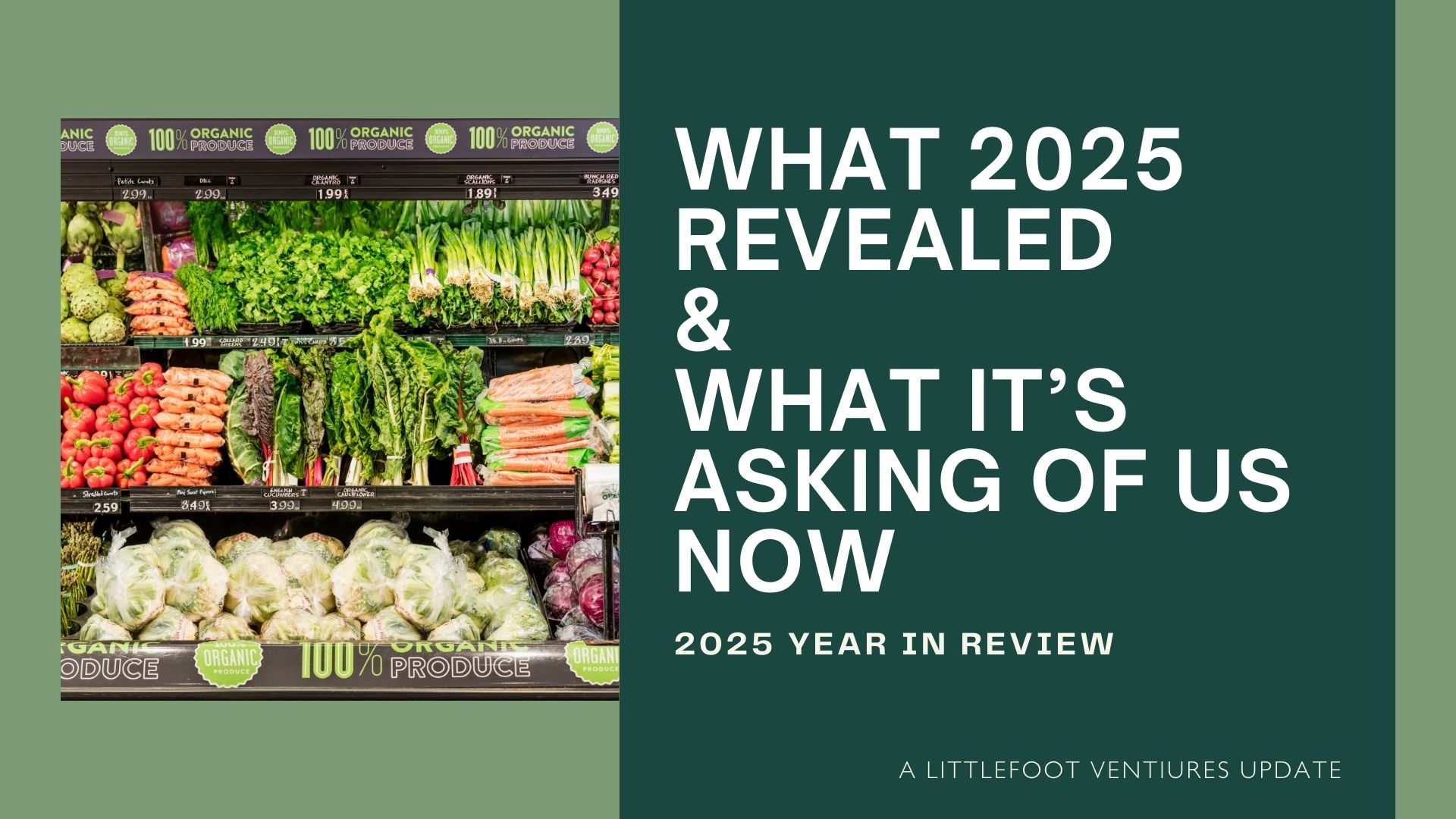
January 2026 Littlefoot Newsletter
Dear Colleagues, The past year brought real disruption across food, climate, and capital. As we step into this new year, I’ve been thinking a lot about what 2025 surfaced and
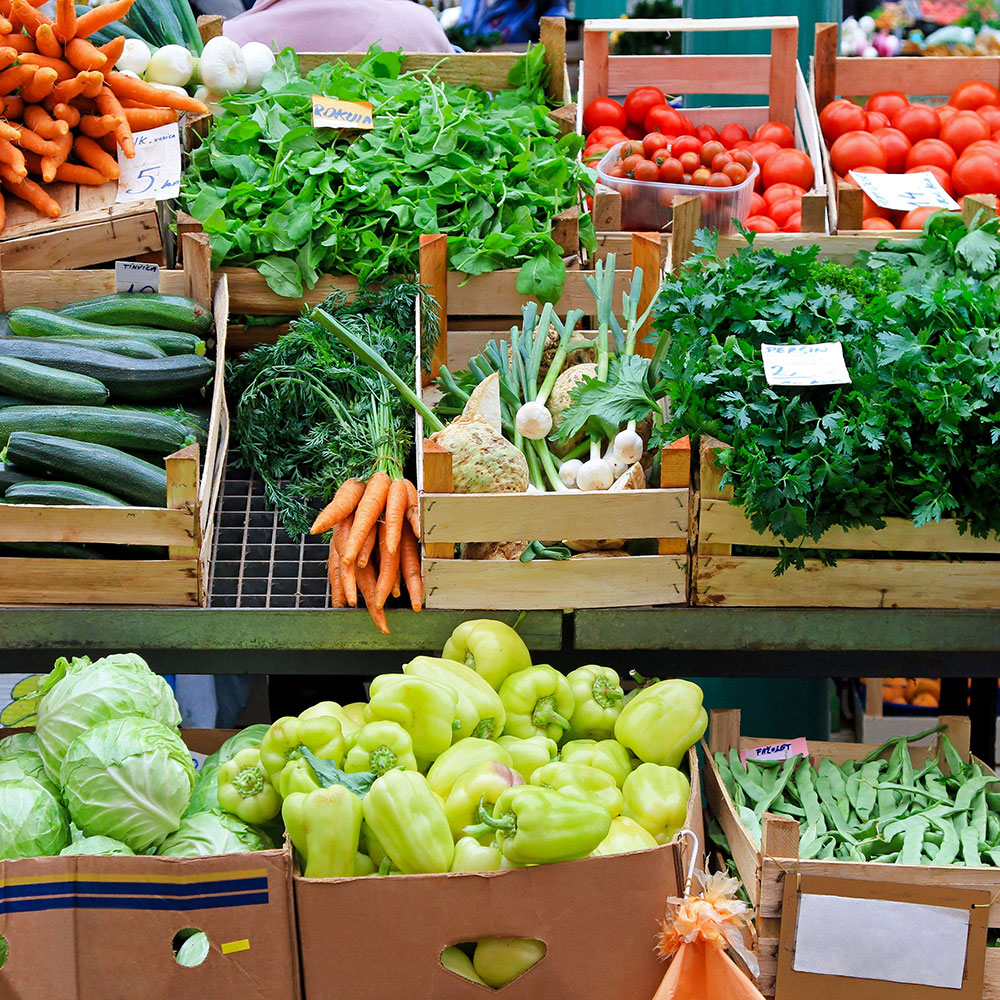


Dear Colleagues, The past year brought real disruption across food, climate, and capital. As we step into this new year, I’ve been thinking a lot about what 2025 surfaced and

Dear Colleagues, Eight years ago, Littlefoot Ventures began with a simple hope: to make real, lasting change in the food system we all rely on. I started this strategy firm with a

Dear Colleagues, Wishing all my American friends a warm and restful Thanksgiving. This season always reminds me how much our work depends on community, care, and showing up for one
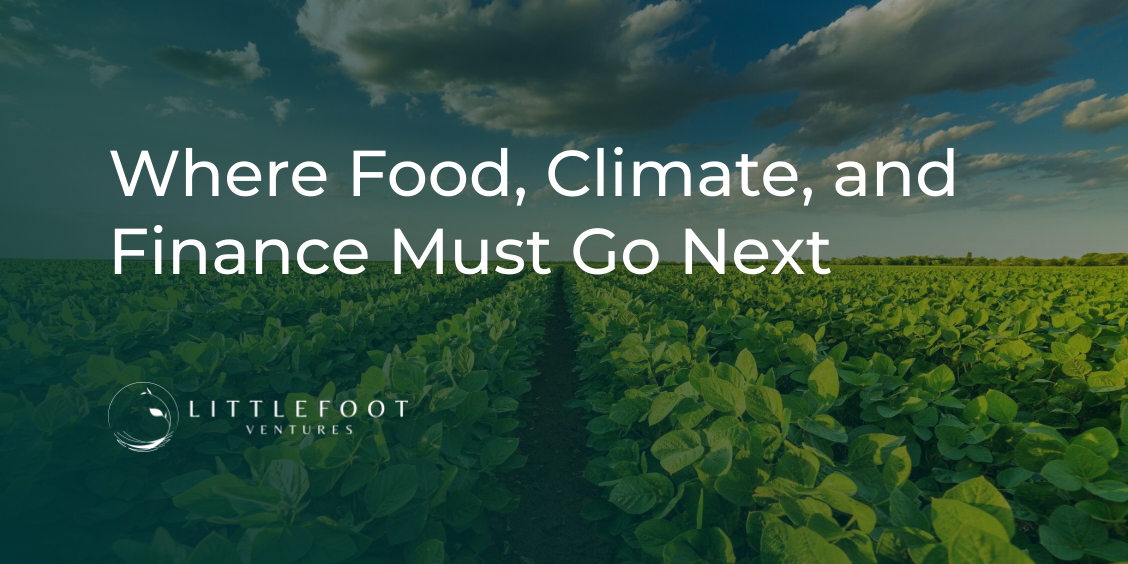
Dear Colleagues, As the autumn summit season approaches—with New York Climate Week, UNGA, and COP30 on the horizon—I’ve been reflecting on what this past year has meant for those of

Dear Colleagues, I truly hope you are finding joy and fun this summer (if you’re in the Northern Hemisphere, winter for those of you south of the equator). The state
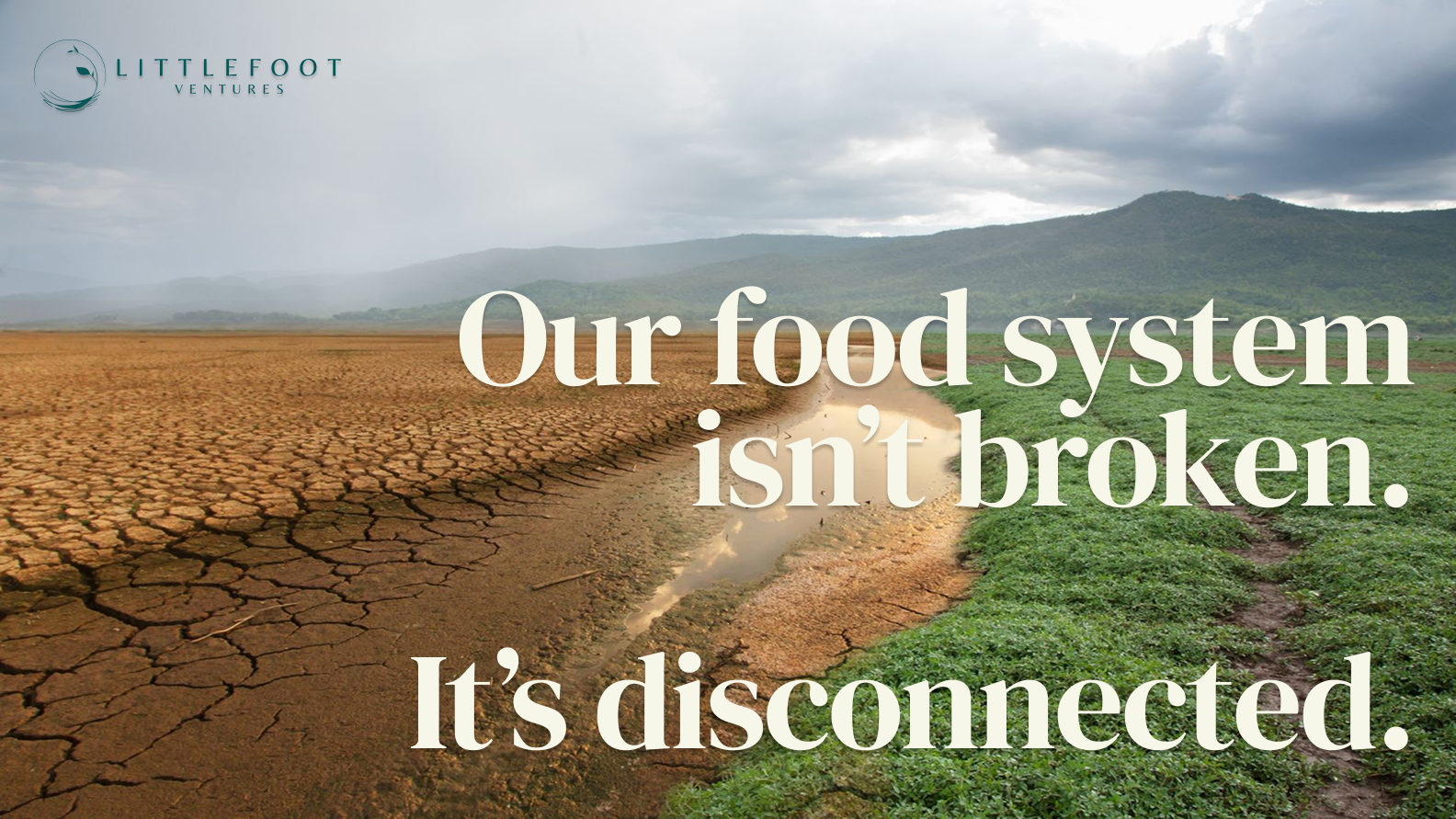
Dear Colleagues, The biggest challenges in our food system—like food waste, climate change, and feeding a growing population—aren’t about who wins. They’re big, messy problems that need all of us
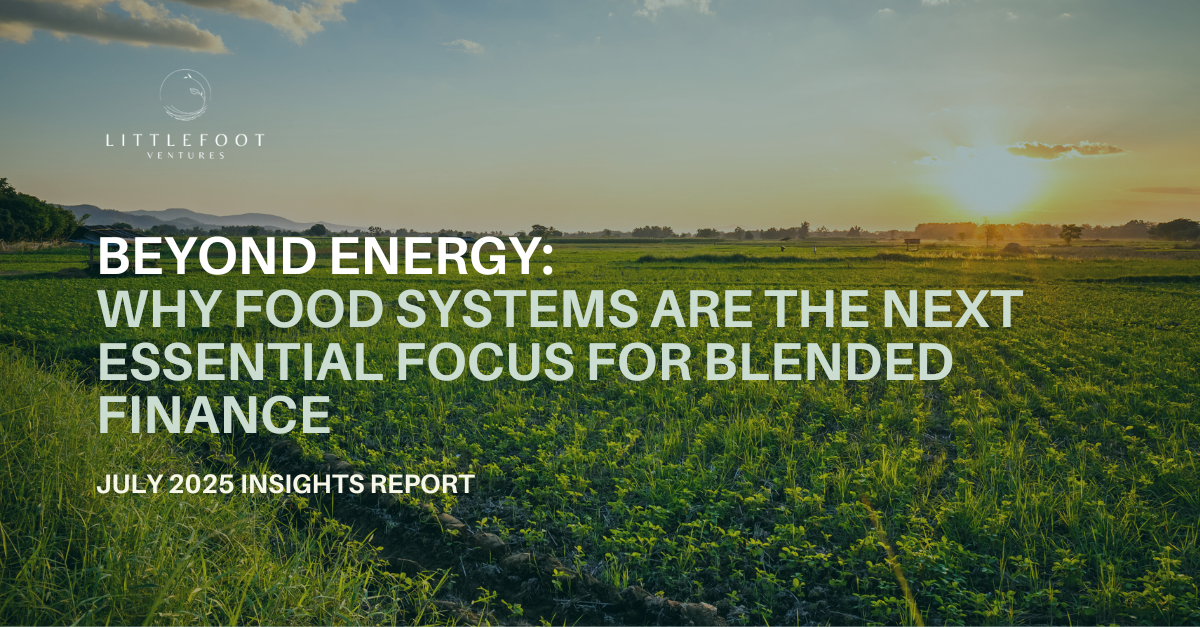
Food systems are responsible for 34% of global GHG emissions but receive only a tiny fraction of climate finance—just 2.5% of public funds and 7% of philanthropic giving. This report
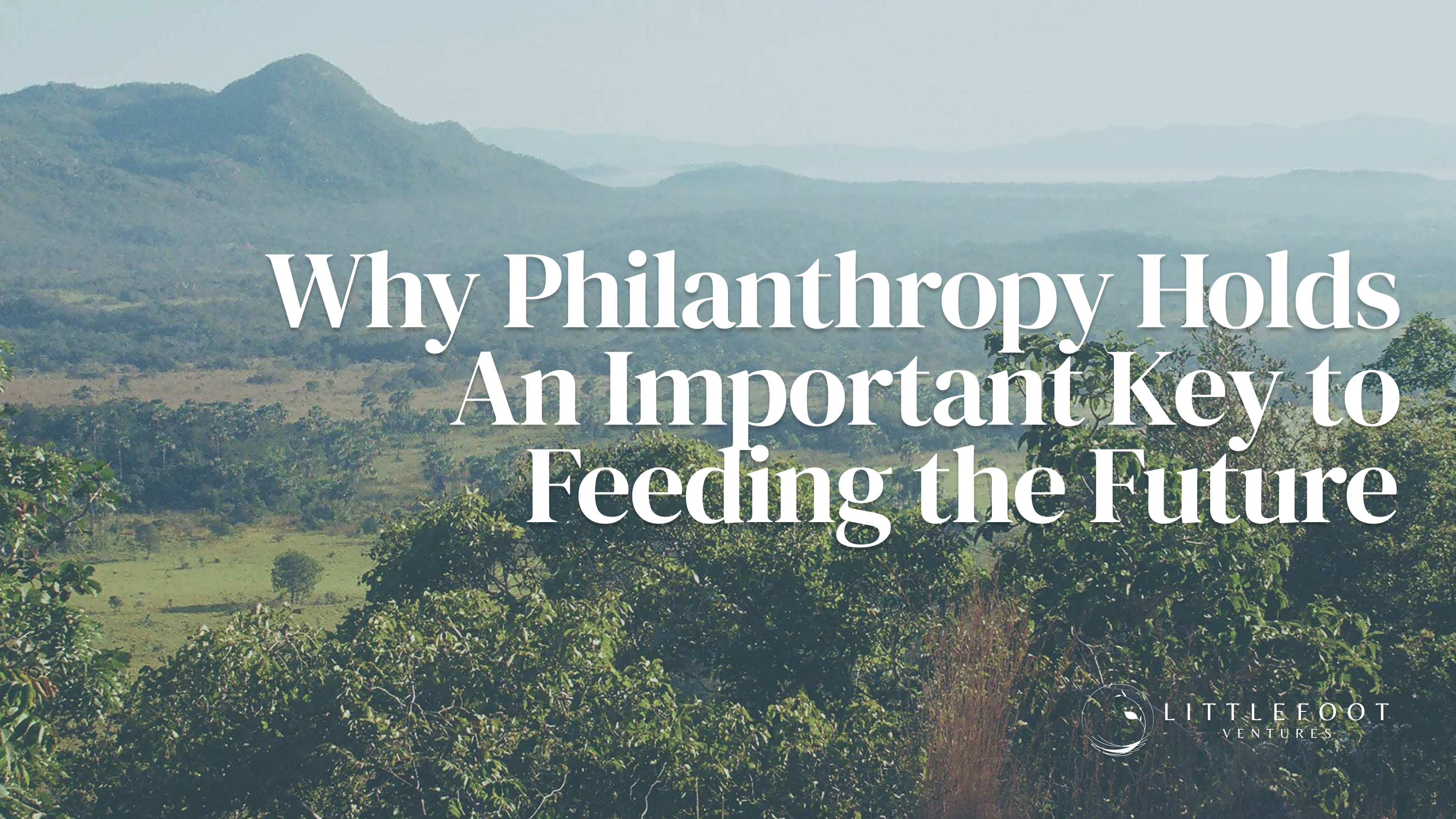
Dear Colleagues, As we navigate the twin crises of climate change and food insecurity, one thing is increasingly clear: philanthropy must play a critical role in leading the way. This is

Marion Nestle, the most respected nutritionist in America today, renowned author, and pioneer of the first food studies academic program, joins host Eva Goulbourne to expose the powerful forces shaping
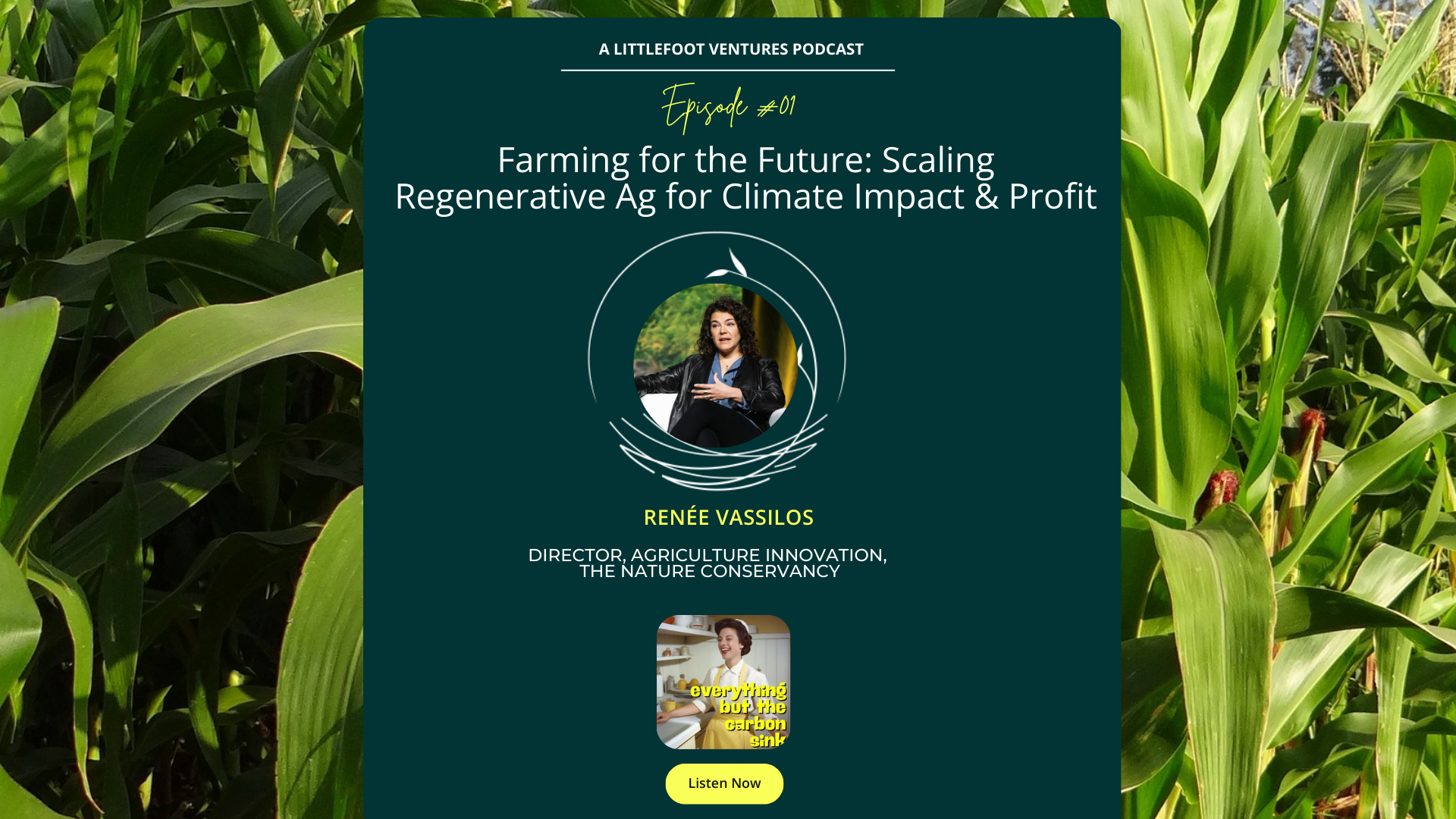
Renée Vassilos, Director of Agriculture Innovation at The Nature Conservancy, joins host Eva Goulbourne to explore how regenerative agriculture can deliver climate impact and profitability. From agtech to investment strategies,